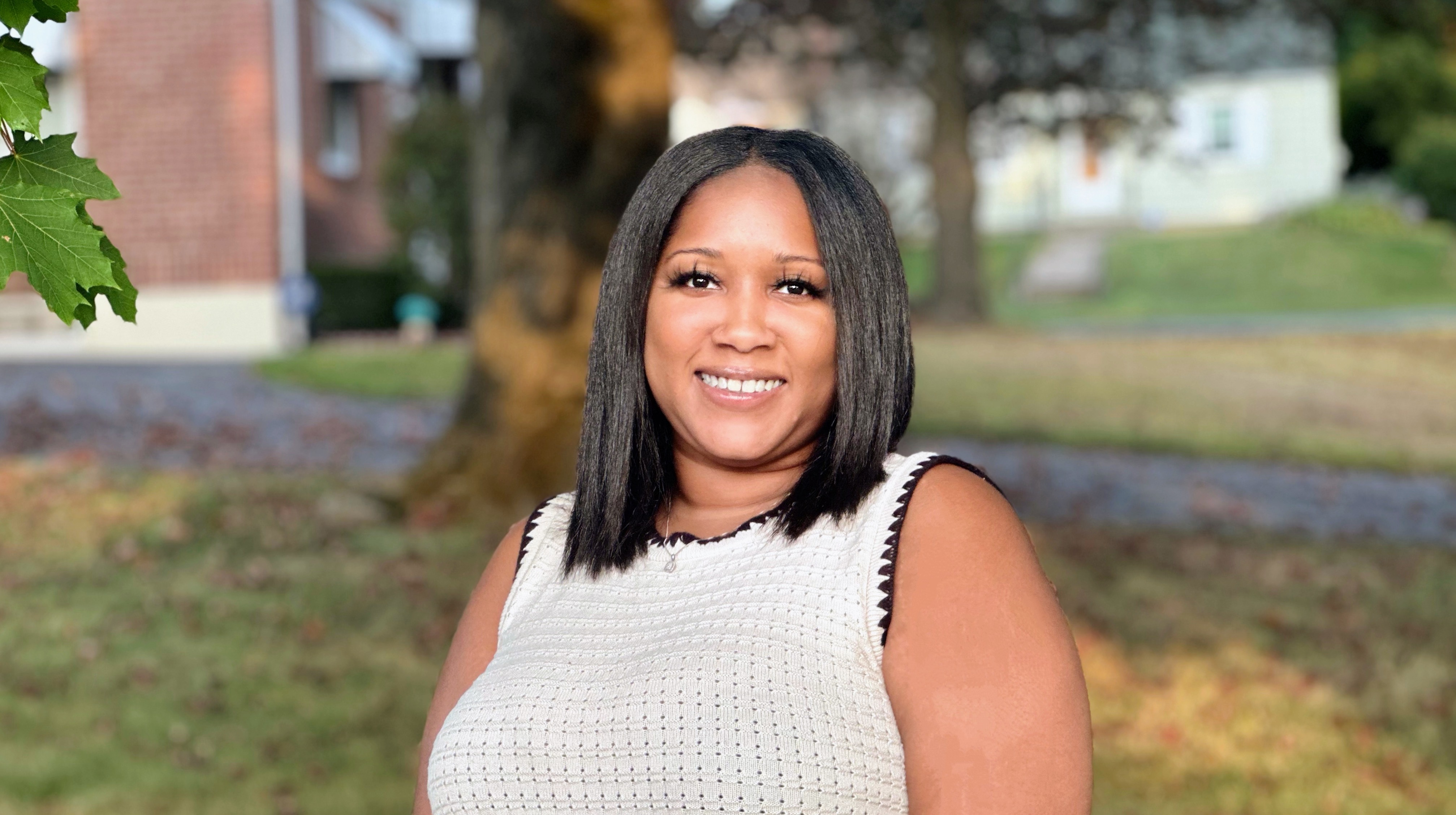A Journey to Healing Counseling, PLLC | Source | Mental Health Writer at Grow Therapy

A Journey to Healing Counseling, PLLC
Meet Tahara DeBarrows, a licensed marriage and family therapist hailing from Connecticut, poised to enrich the mental health community with her profound expertise. Specializing in substance use populations, trauma-informed counseling, depression, anxiety, and beyond. Tahara's breadth of knowledge caters to diverse needs.
As a mental health writer for Choosingtherapy.com and Growtherapy.com, Tahara delivers peer-reviewed articles with clarity and depth. Her insights have also graced platforms like Betterhelp.com, tackling topics from mental health stigmas to women's issues, anger management, and self-esteem.
Tahara extends her reach to the local community through contributions to the Record Journal, addressing critical issues concerning black men and mental health.
She is dedicated to continuous professional growth and actively engages in community initiatives, reflecting her unwavering passion for making a positive impact.
With a wealth of experience and an unbridled dedication to her clients, Tahara DeBarrows is the go to for media seeking profound insights into mental and behavioral health.
-
Grow Therapy (https://growtherapy.com/)
Mental Health Writer
started Apr 2024 -
Choosing Therapy (https://www.choosingtherapy.com)
Mental Health Writer
started Dec 2023 -

Octave (https://www.findoctave.com/)
Licensed Therapist
started Dec 2023
-
A Glimpse into the Work and Life of a Grow Therapy Provider - Grow Therapy
Take a glimpse into the day of a Grow Therapy provider and discover the flexibility, support, and opportunities we offer.
Article -
How to break up with your therapist - Grow Therapy
Find tips on how to determine if you need to break up with your therapist and learn how to do so with grace and respect.
Article
-
Tahara DeBarrows, a licensed marriage and family therapist (LMFT) with Grow Therapy, explains that agoraphobia is diagnosed based on specific criteria outlined in the DSM-5, a manual used by mental health professionals. “According to the DSM-5, individuals with agoraphobia have a marked fear or anxiety about using public transportation, being in open spaces, being in enclosed places, standing in line or being in a crowd, or being outside of the home alone. To receive a diagnosis, the person must experience significant fear or anxiety about at least two or more of these situations, along with other factors mentioned in the manual.”
-
DeBarrows says many people believe therapy is only for people who have severe significant mental health issues.
-
“What the media represents can be inaccurate and misleading about what mental health symptoms look like,”




